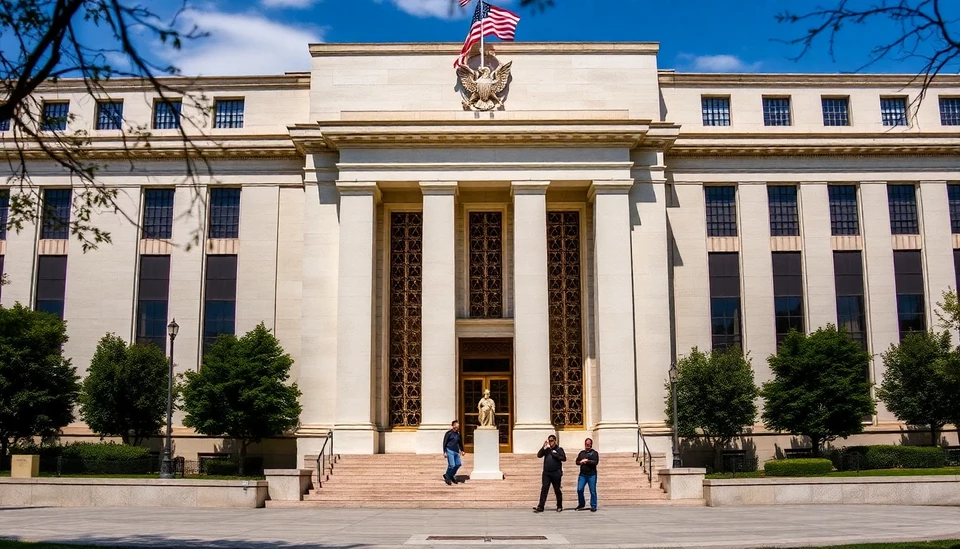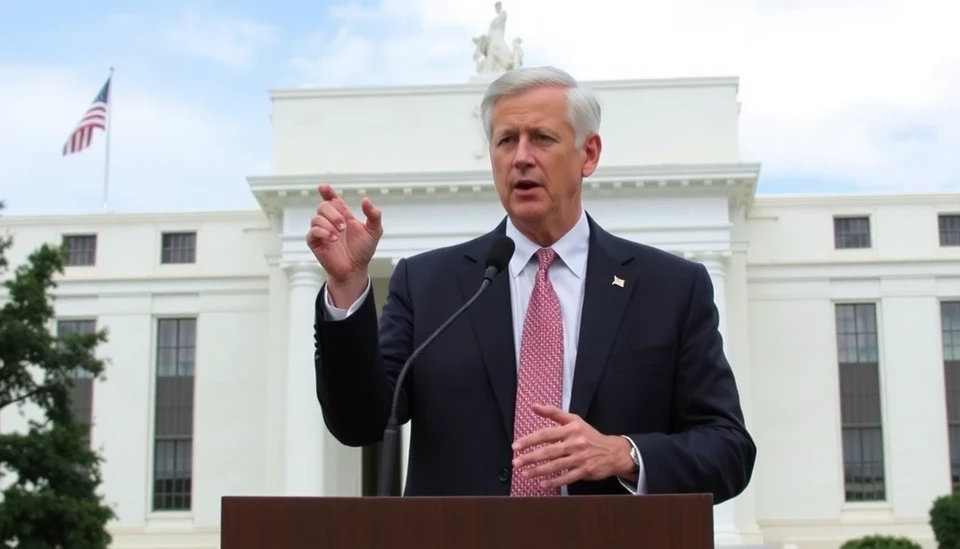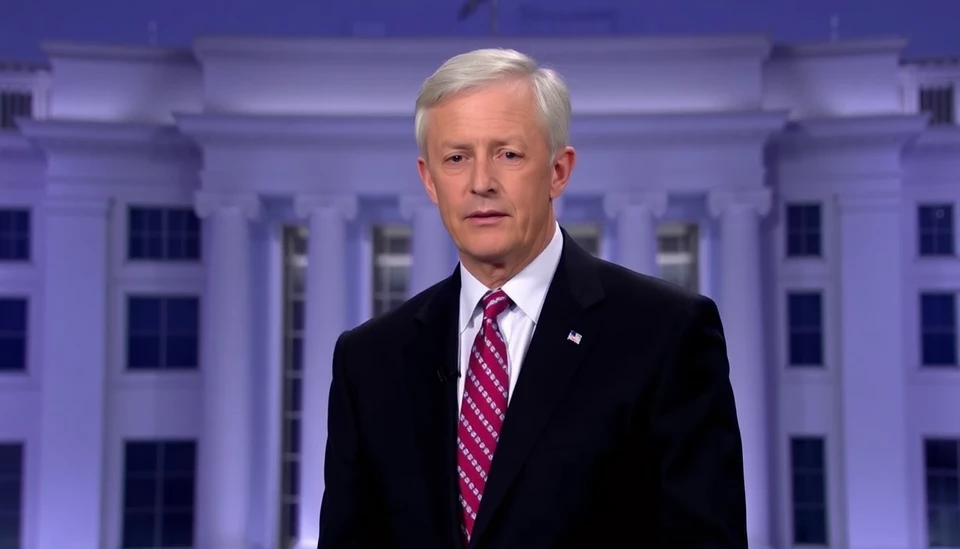
Recent developments in the U.S. economy have prompted growing worries regarding inflation, casting a shadow over the Federal Reserve's attempts to maintain low unemployment rates. With inflation metrics indicating sustained upward pressure, the Fed faces a complex balancing act—ensuring job growth while managing price stability.
The economy, particularly the job market, has shown resilience amid turbulence. February data indicated a notable decrease in unemployment figures, suggesting robust hiring patterns. However, alongside this positive news, inflation indicators have begun to signal a disturbing trend. Economic stakeholders are closely monitoring the Consumer Price Index (CPI), which has displayed increases that could complicate the Fed's objectives.
Experts warn that if the inflation rate continues its ascent, the Federal Reserve may be compelled to reevaluate its monetary policy strategies. Analysts predict that this could lead to a potential increase in interest rates, which, while aimed at curbing inflation, could inadvertently slow down the momentum in job creation.
The Fed has reiterated its commitment to fostering a healthy labor market, but the latest inflation data presents a formidable challenge. The central bank's leadership is conscious of the risks associated with delayed action; a failure to combat rising prices could erode consumer purchasing power and, ultimately, hinder economic growth.
Key figures within the Fed have highlighted that longer-term inflation expectations remain somewhat anchored, but a sustained increase in consumer prices could lead to a shift in public sentiment. Should this occur, it would likely prompt a more aggressive stance from the Fed, a move that could have significant ripple effects on capital markets and borrowing costs for businesses and individuals alike.
Wall Street is already reacting nervously to these inflation concerns, as investors weigh the implications for future Fed rate hikes. The specter of increasing borrowing rates could create volatility in equity markets as sectors reliant on cheap capital might face headwinds. Unlike previous economic recoveries, the current landscape is complicated by the dual challenges of labor market dynamics and inflationary pressures.
In conclusion, as the Fed navigates this precarious situation, its actions in the coming months will be crucial. The interplay between managing inflation and supporting employment will be pivotal in shaping the trajectory of the economy. Stakeholders across various sectors will be watching closely to gauge how monetary policy adjusts in response to these evolving economic conditions.
In summary, the intersection of rising inflation and the job market poses a fundamental challenge for the Federal Reserve, necessitating vigilant monitoring and responsive policymaking in the months ahead.
#FederalReserve #Inflation #USUnemployment #MonetaryPolicy #EconomicGrowth #JobMarket #InterestRates
Author: Daniel Foster




